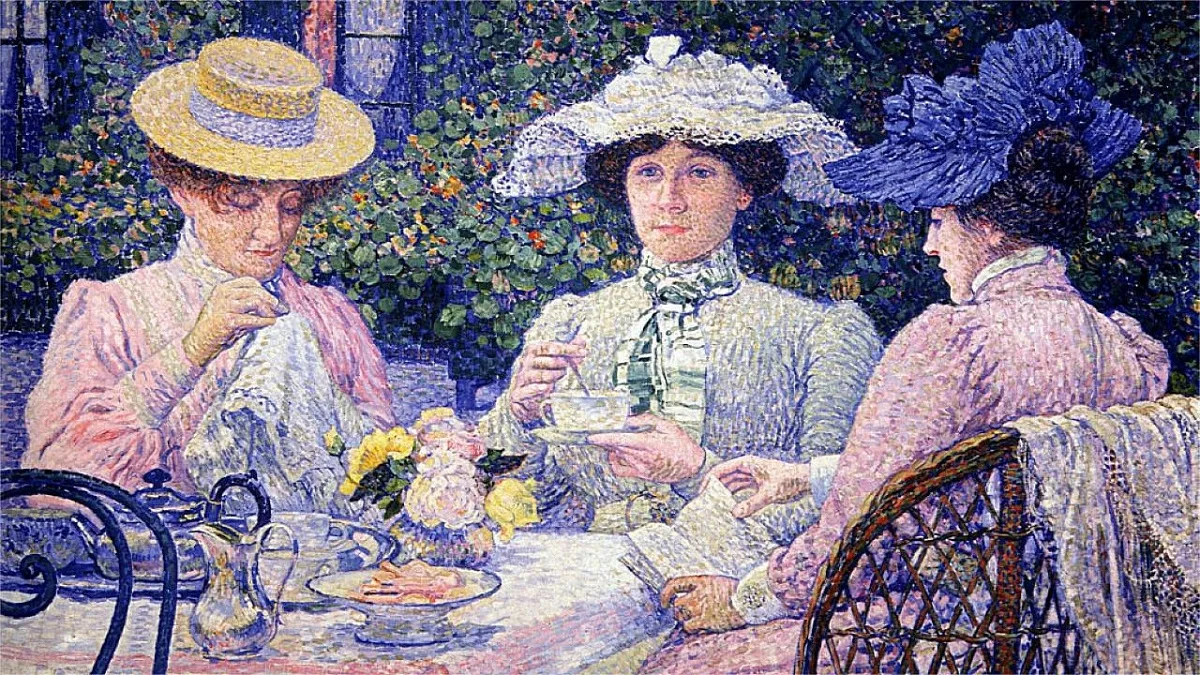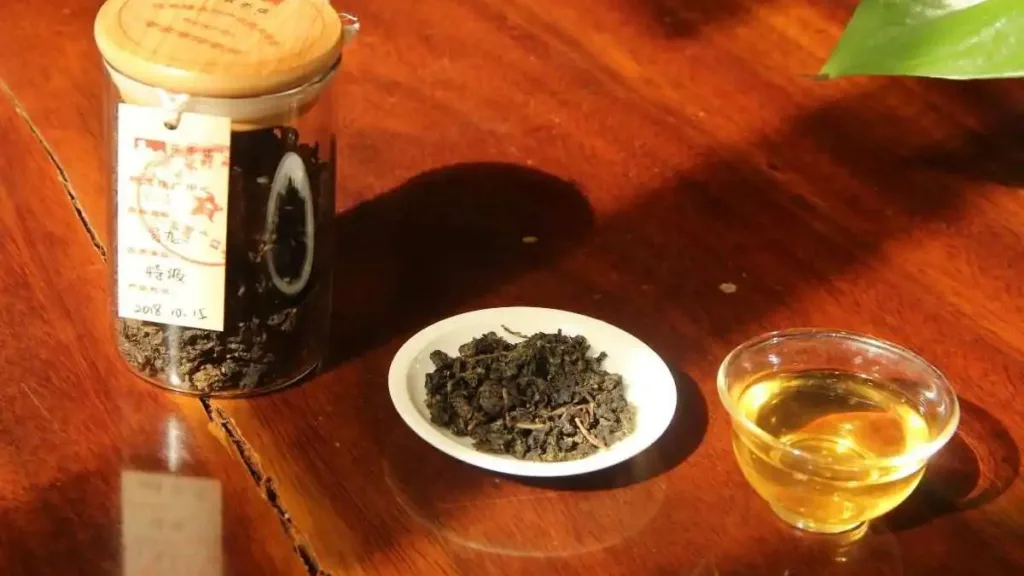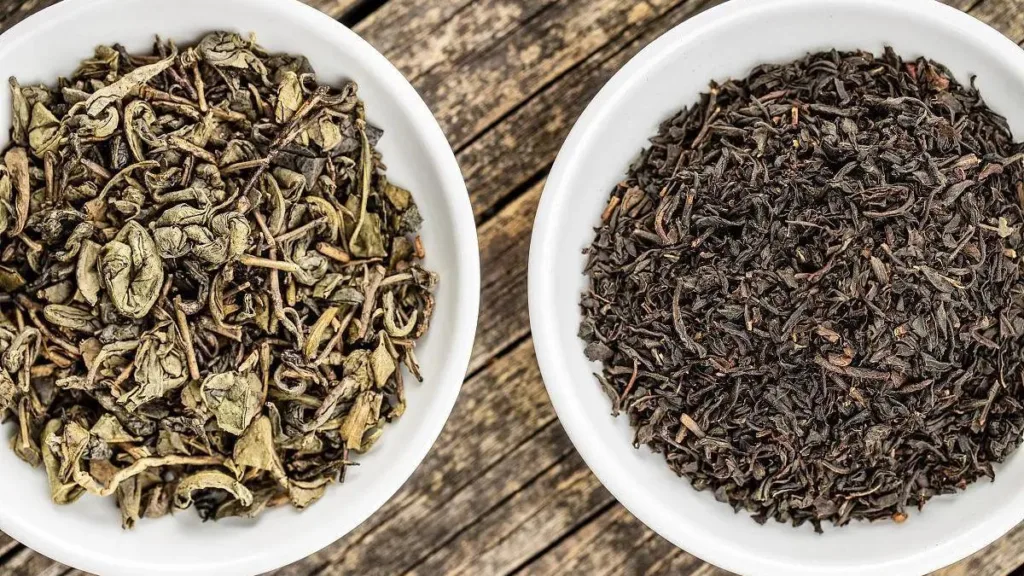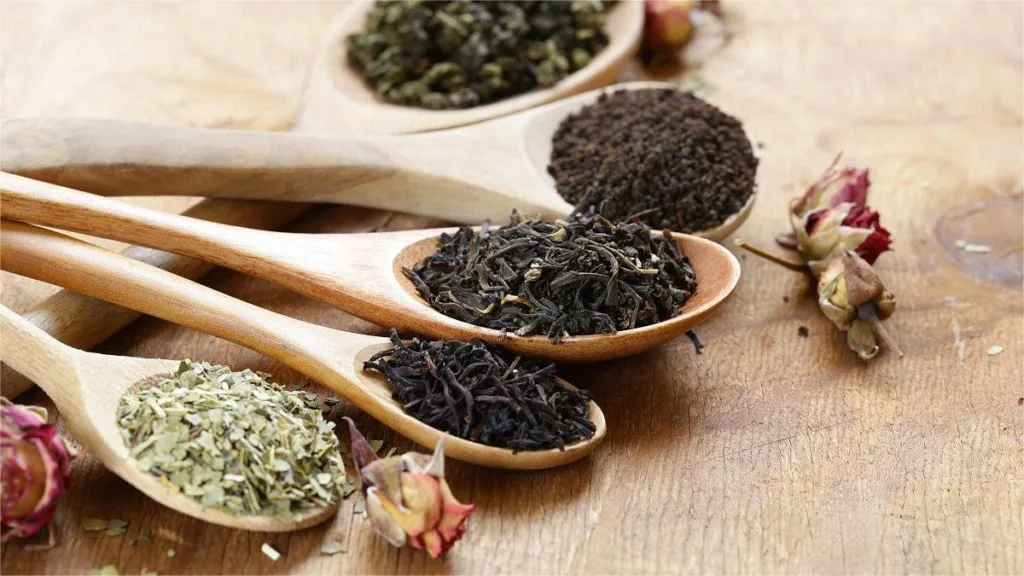The consumption of Chinese tea in Britain has a long and storied history, dating back to the 17th century when tea first arrived on British shores. Over the centuries, tea has become an integral part of British culture, and while the majority of tea consumed in Britain is of Indian or African origin, Chinese tea still holds a special place in the hearts of some tea enthusiasts.
The introduction of tea to Britain is often credited to Catherine of Braganza, the Portuguese wife of King Charles II, in the 1660s. She was a tea enthusiast, and her tea-drinking habits influenced the aristocracy, leading to the establishment of tea as a fashionable and exotic beverage. During the early years of tea’s popularity in Britain, the majority of tea was sourced from China, as it was the primary supplier of this new and intriguing commodity.
Chinese tea gained widespread popularity in the 18th century, and the British East India Company played a crucial role in the tea trade between China and Britain. The tea trade was lucrative, and various types of Chinese tea, such as green tea and oolong tea, found their way into British households. Chinese tea ceremonies and the elaborate rituals associated with tea-drinking also captivated the British elite, adding an element of sophistication to the tea-drinking culture.
However, the dynamics of the tea trade changed in the 19th century with the rise of British-controlled tea plantations in India and Ceylon (now Sri Lanka). These regions became the primary sources of tea for the British Empire, and the popularity of Chinese tea waned. The British preference shifted towards the robust and bold flavors of Indian and Ceylonese teas, which were more suitable for the addition of milk – a trend that still persists in the traditional British cuppa.
Despite this shift, Chinese tea has never completely disappeared from the British tea scene. Today, there is a growing interest in specialty and artisanal teas, and Chinese tea is making a comeback among a niche market of tea enthusiasts. The diverse flavors, unique varieties, and cultural richness associated with Chinese tea appeal to those seeking a more authentic and traditional tea-drinking experience.
Specialty tea shops and online retailers now offer a wide range of Chinese teas, from delicate white teas to complex oolongs and smoky lapsang souchong. The resurgence of interest in Chinese tea is also fueled by a broader trend towards exploring and appreciating different tea cultures from around the world.
In conclusion, while the majority of tea consumed in Britain is of Indian or African origin, the influence of Chinese tea on British tea culture cannot be understated. The historical roots, the early popularity, and the enduring appeal of Chinese tea continue to make it a part of the diverse and evolving tea landscape in Britain. Today, as people seek more unique and authentic tea experiences, the legacy of Chinese tea lives on, offering a taste of tradition and cultural richness to those willing to explore beyond the classic British cup of tea.



